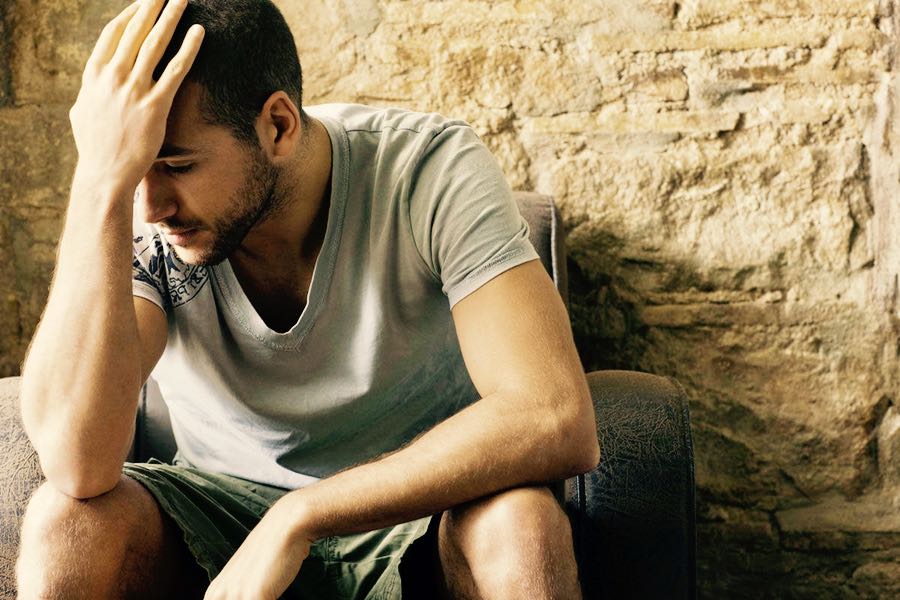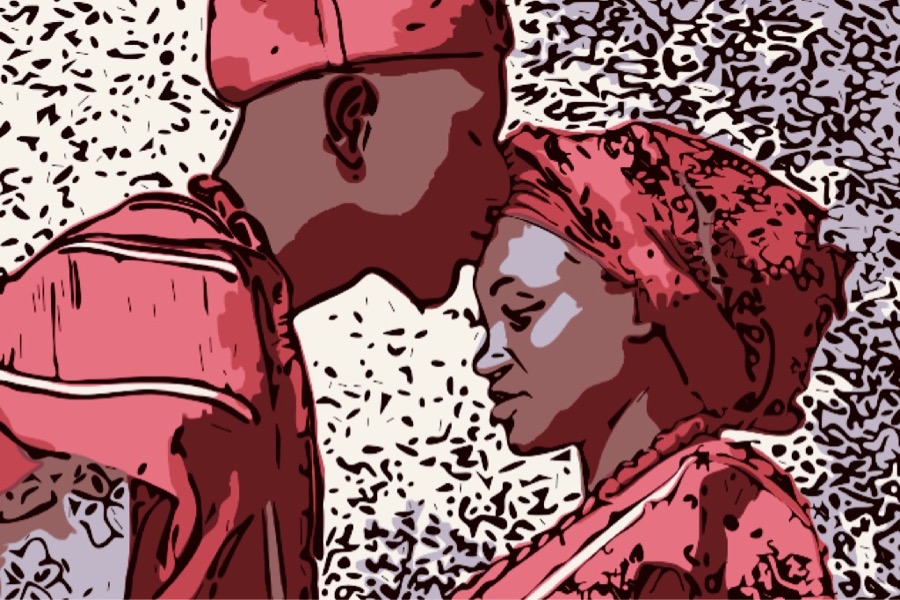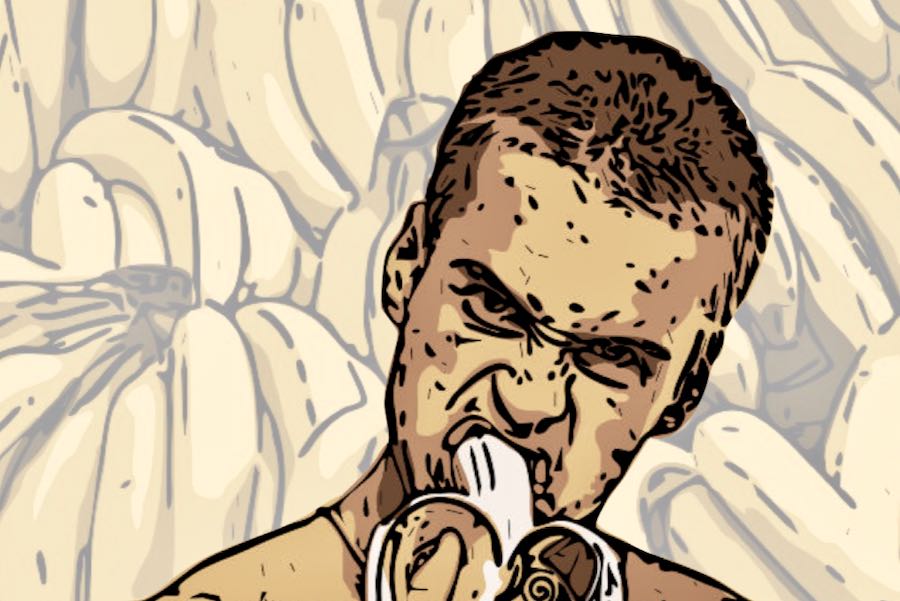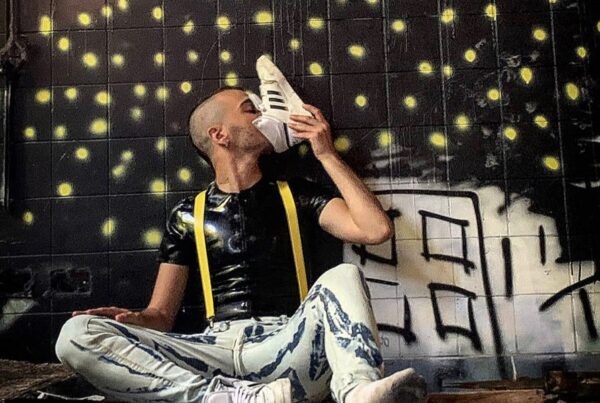“He was sitting with his AK-47 in his hands, and when I went up to him he pointed it to my forehead. I don’t know why I always remember – it’s a recurring image – that the muzzle of his weapon appeared riddled with holes, as though worn out. The man told me I had to do what he wanted. He took me to a room and I thought he was going to kill me. In there, he sexually abused me. I was 12. The first thing, an experience like that fills you with is dirt, and disgust. You keep silent, fearing someone will find out. And that thing becomes a terrible burden. At that age it was torture, a terrible trauma. I became defiant, fell into depression, and lost interest in my studies. I isolated myself”. Moreno (fictional name) is one of the 650 men who were raped in the war between the Colombian Army and the Colombian Revolutionary Armed Forces (FARC). He was raped by a soldier in 1999.
In the following years (until 2006) sexual violence was even more frequently used as a weapon of war. Soldiers, guerrilla, and paramilitary fighters abused thousands of women but also hundreds of men (which are estimated to represent around the 12% of victims). However, male victims are still enshrouded in a thick fog of silence and denial. It’s women who are fighting to clear this fog because they have already fought and overcome demons. By banding together they were able to take charge of their narrative, despite the trauma of violence. Men on their own can’t even begin to imagine this journey, and that’s why today women’s associations like Victims’ Unit (Unidad para las Víctimas) or the National Victims’ Roundtable (Mesa Nacional de Víctimas) are reaching out to them.
Male rape victims don’t sustain only physical and psychological damages, they also have to face the stigma brought by a homophobic society, driven by machismo. They will keep the violence a secret, if they can manage to do so, they won’t ask anyone for help because, if the truth went public, they’d be branded as homosexuals, isolated from their community and abandoned by their families. A man who was raped by two soldiers in 2006, when he was a highly regarded teacher, told to El Tiempo: “My wife found out and she didn’t look at me in the same way again. After a while she threw me out, so we split up. Twenty years of marriage shattered by that event: just imagine, she accused me of having asked for it.” Sexual abuse immediately becomes a victim’s fault, creating unbearable external and internal pressures, and as a result many raped men end up killing themselves.
Rape destroys both the victim and their prestige, and this is precisely why fighters sexually abuse leaders of opponent political parties, trade union leaders, human rights activists or their children. Killing these people is not enough because they could turn into martyrs and their ideas could survive. Rape, instead, pulverizes them in the eyes of their community, while destroying their moral legacy too. These terrible mechanisms are well known to armies and militias all over the world but, as shown in the Refugee Law Project, Plan and War Child UK report: “Into the mainstream: addressing sexual violence against men and boys in conflict”, they are ignored by national institutions and international organizations.
According to this report, 62 countries (in which almost 2/3 of the world’s population reside) don’t even acknowledge the possibility that men could be victims of sexual violence, and 67 countries even criminalize those men who report having been raped. But this is not the only alarming data: the 1325 Resolution, adopted by the U.N. Security Council in 2000, condemns the abuse perpetrated against women and girls, but it assumes it is only committed against them. Furthermore, only 3% of the four thousand humanitarian organizations dealing with sexual abuse, mention in their papers (and usually in a passing reference) rapes against men and boys.
Breaking the silence and facing the problem is an urgent priority, in order to stop the violence, to give dignity back to the victims, and to stop the sexist mindset that is at the root of the abuse committed against all of these men and an even higher number of women.
Pier
translated by Micol Milan
©2014 Il Grande Colibrì




